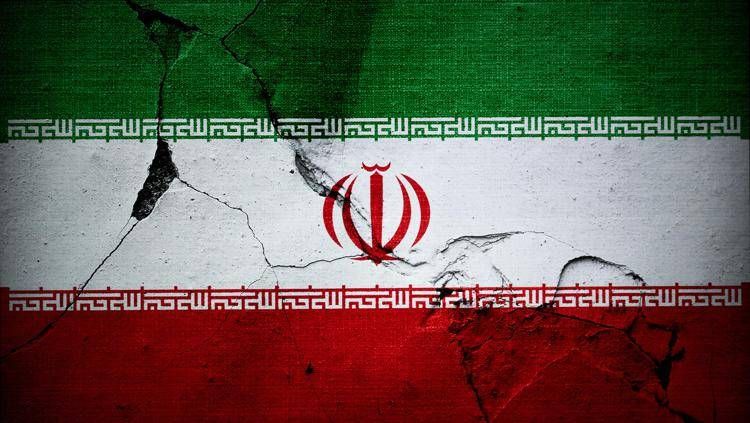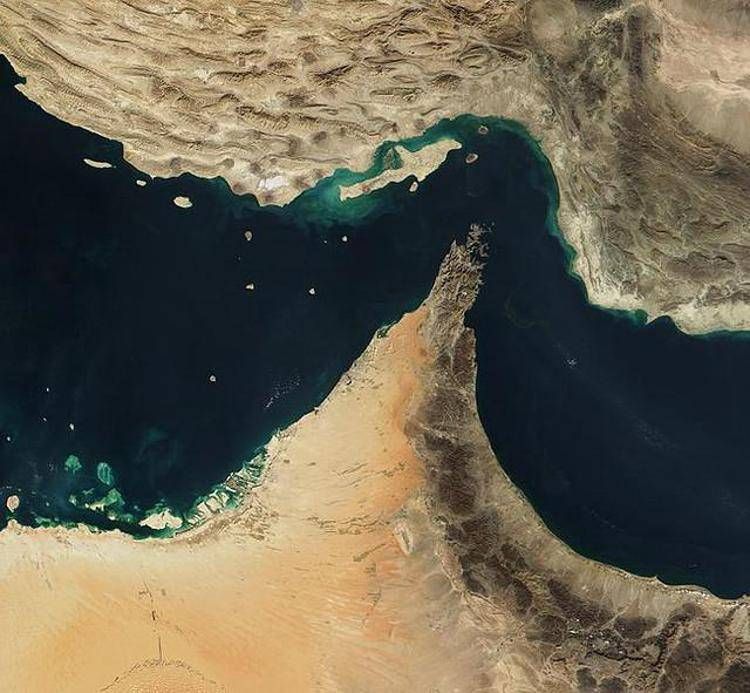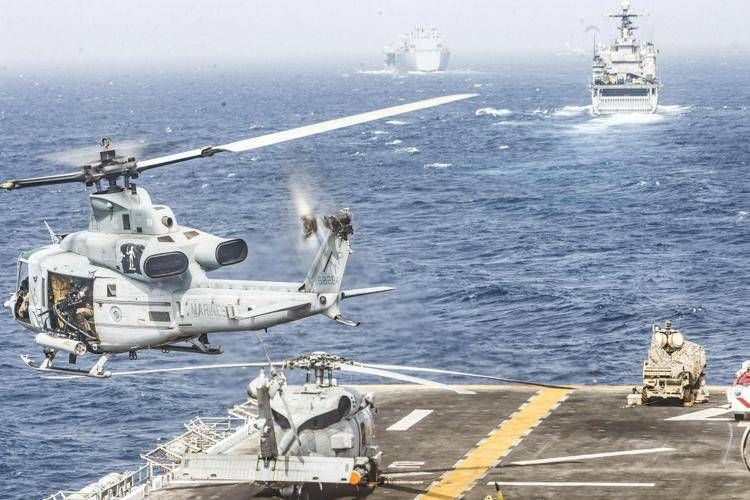
Iran threatens to close Hormuz: risk of global energy shock
-


Alberto Trentini e Mario Burlò sono in Italia dopo la liberazione VIDEO
-
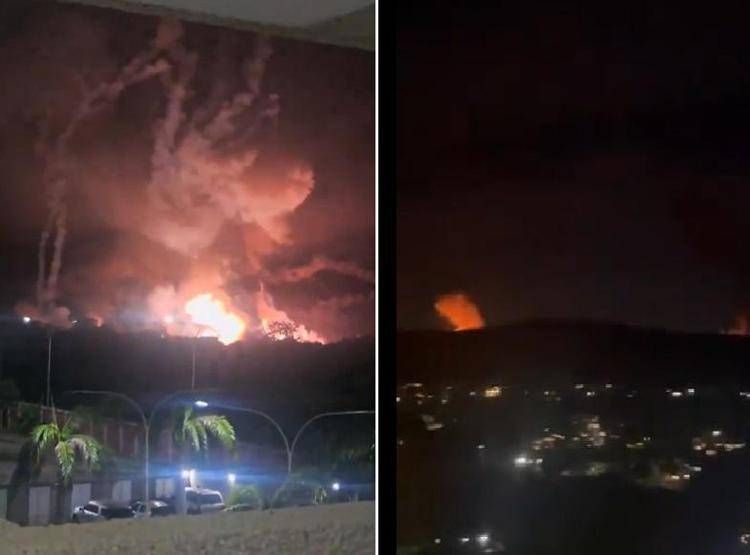

Overnight explosions in Caracas hit military area, widespread power outages reported VIDEO
-


Attacco Usa in Nigeria contro l’Isis, Trump: “Risposta al massacro di cristiani” VIDEO
-


Frana a Cormons: disperso un giovane e un’anziana sotto le macerie VIDEO
Tehran considers blocking the strategic strait after US raids. Vice President Vance warns: ‘Economic suicide.’ Europe fears repercussions on gas and oil
The Strait of Hormuz, a vital hub for global energy, is now at the centre of the new escalation between the United States and Iran. After US raids on Tehran’s nuclear sites, the Majlis declared that the closure of the strategic passage is on the table, pending the final decision of the Supreme National Security Council. Of concern is the impact that such a scenario would have on the global economy.
US Vice President JD Vance called it a “suicidal move” in an interview with NBC News. “The entire Iranian economy passes through Hormuz. Blocking it would mean destroying ourselves and destabilising international markets,” he warned, making it clear that Washington is not seeking direct conflict but will not allow Tehran to develop a nuclear weapon.
Why the Strait is so crucial
Just 33 kilometres at its narrowest point, the Strait of Hormuz connects the Persian Gulf with the Gulf of Oman and the Arabian Sea. About a quarter of the world’s oil and a significant share of liquefied natural gas, mainly from Qatar, pass through it. According to the U.S. Energy Information Administration, an average of 20 million barrels per day passed through it in 2024.
In the past, Iran has already seized oil tankers in this area. Gulf allies, such as the United Arab Emirates and Saudi Arabia, have attempted to create alternative routes via pipelines, but without being able to completely replace Hormuz.
Immediate effect on the markets
“Even the threat alone is enough to shake the markets,” explains Francesco Sassi, an expert in energy geopolitics at the University of Oslo. ‘European economies, already fragile, could suffer further energy price increases. A week of high tension is expected.’
Europe, Sassi points out, ‘has staked everything on post-Ukraine energy diversification. But if the Persian Gulf becomes destabilised, most of the alternative supplies are at risk of being cut off.’ Even a partial closure of the Strait would be a shock to crude oil, petrol and gas prices: a scenario that could exacerbate inflation and social tensions in importing countries.
In the current context, political instability weighs more heavily than economic instability. The threat to Hormuz marks a new front in the confrontation between Washington and Tehran, with immediate effects on a global scale.
THE LATEST NEWS
(Photo: © AndKronos)
-

 News15 ore ago
News15 ore agoRitardi e cancellazioni dei treni 29 gennaio 2026: disagi da nord a sud
-

 News19 ore ago
News19 ore agoTerremoti nella notte in Italia: scosse in Sicilia e Abruzzo
-
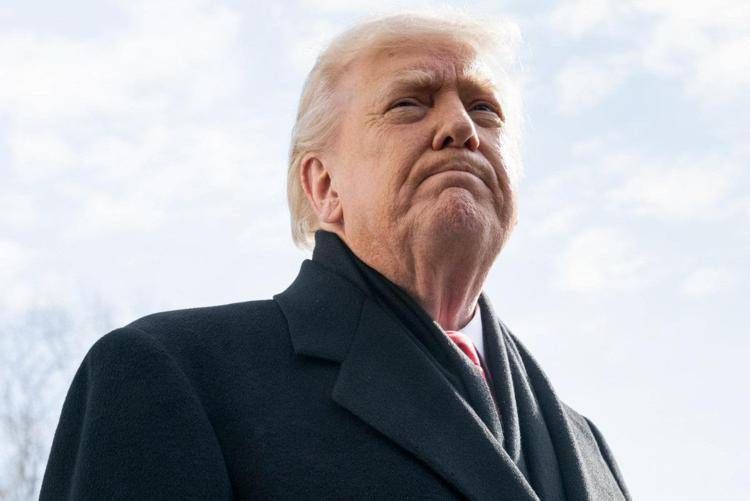
 Primo Piano19 ore ago
Primo Piano19 ore agoTrump valuta un nuovo attacco contro l’Iran dopo lo stallo sui negoziati
-

 Meteo18 ore ago
Meteo18 ore agoMaltempo Italia: allerta arancione in Sardegna e gialla in altre nove regioni


